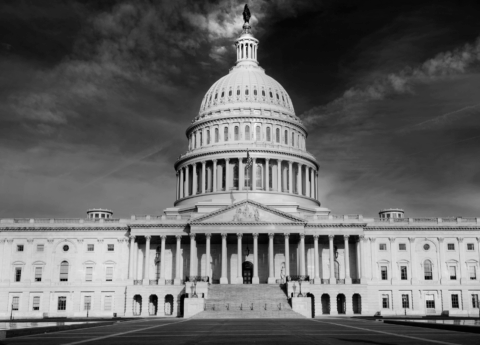Although House Bill 354 (HB 354) has been described as the “clean-up bill” that fixes the unintended consequences that occurred because of the rush in which the 2018 tax bills were passed, it is more than that. It also includes tax breaks that will deprive the commonwealth of sorely needed General Fund revenues in the future.
The reason our tax code is so full of holes, exceptions and special provisions is that every time the General Assembly passes a new revenue measure, special interests begin lobbying for an exception that applies “just to them.” In these cases, each individual exception, exclusion or exemption may not be expensive on its own, but as the requests from special interests are granted, the revenues lost through tax breaks add up.
As a result, we are implementing a budget of the commonwealth with the 20th round of cuts over the last decade and have no money for areas like school textbooks and teacher professional development.
Despite this fact, HB 354 adds several new special interest tax breaks, including the following:
- For companies that lease heavy equipment — A reduction in the tangible property tax rate from $0.45 per $100 to $0.05 per $100, and a reclassification of their property so they also qualify for the inventory income tax credit that will ultimately relieve them of 100 percent of their state and local property tax liability for the equipment they lease. Floor amendment 1 filed to the House committee substitute to the original bill (HCS) will expand this already generous rate reduction and credit to two additional groups of companies, making this giveaway even more costly.
- For companies, including aluminum processors, that process raw materials owned by others – A break that will allow them to qualify more easily for the “energy direct pay tax credit,” reducing their sales and use tax liability.
- For corporations looking to hide income in tax havens – A circumvention of last year’s adoption of combined reporting, which was a model method that closed a loophole allowing corporations to shift taxable income to no- or low-tax jurisdictions. Language in HB 354 allows companies to avoid reporting related entities in countries with which the United States has a tax treaty, which include Ireland, Switzerland, and the Netherlands — three countries to which the greatest amount of US profits are improperly shifted to avoid taxes. Language was also added to exclude regulated gas and electric utilities from combined reporting entirely, reopening the loophole for them as well.
- For other random interests – Exemptions from the sales tax expansion are provided for fees to enter fishing tournaments, amounts paid to boat ramps to dock or as launching fees, and extended warranties purchased by small telephone utilities and Commercial Mobile Radio Services (CMRS) providers.
The proposal also goes much further than is necessary to address what is widely agreed was an unintended consequence of the 2018 tax bill related to the taxation of charitable activities such as admissions to galas, golf scrambles and similar events. As originally written, HB 354 did a good job of restoring charities back to where they were prior to the 2018 changes, with some modest enhancements. The HCS expands the exemptions for charities far beyond what was needed to restore the status quo by allowing a broader array of nonprofits to qualify, and by exempting categories of admissions that were previously subject to the tax. For example, the bill would exempt tickets to university athletic events from the sales tax — even high price tickets affordable only by the wealthy.
The fiscal note to HB 354 as modified by the HCS reflects a loss of $7.75 million from the changes. It indicates a positive revenue of $900,000 eventually, but the new revenue all comes from provisions that expand the requirements to collect and remit sales taxes to marketplace sellers such as Amazon, E-Bay and Etsy — clean up provisions from last year’s tax bill needed to ensure that Kentucky collects all of the revenue it is eligible to receive from remote sellers. These collections are possible because of the Supreme Court’s Wayfair decision last summer. Enacting them alone — without the new special interest tax breaks described above — could have provided much needed additional revenue for our General Fund investments in schools, infrastructure and other important budget areas. Instead, resources are being used to provide carve outs.
These costly and unnecessary tax breaks should not be tacked onto provisions in the legislation that are not controversial, are truly needed to address mistakes and ensure that the recent tax changes are properly administered. Leaving these provisions that “dirty up” the “clean up” bill allow further erosion of revenues now and in the future.



